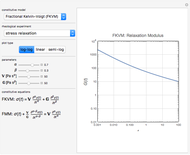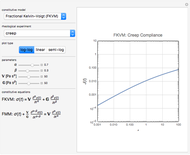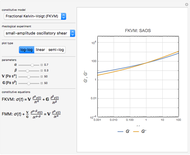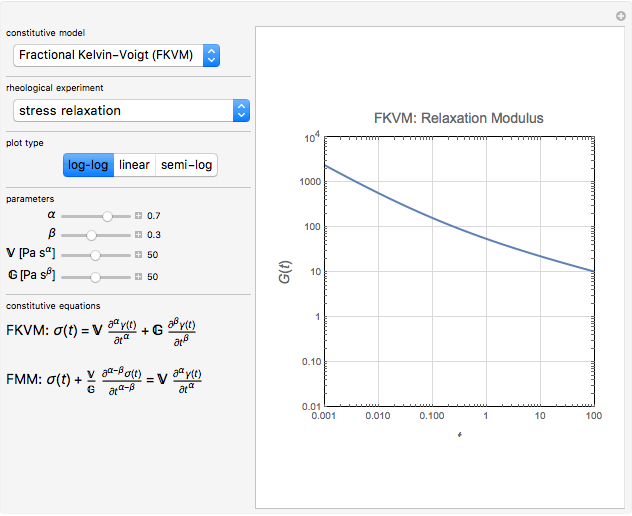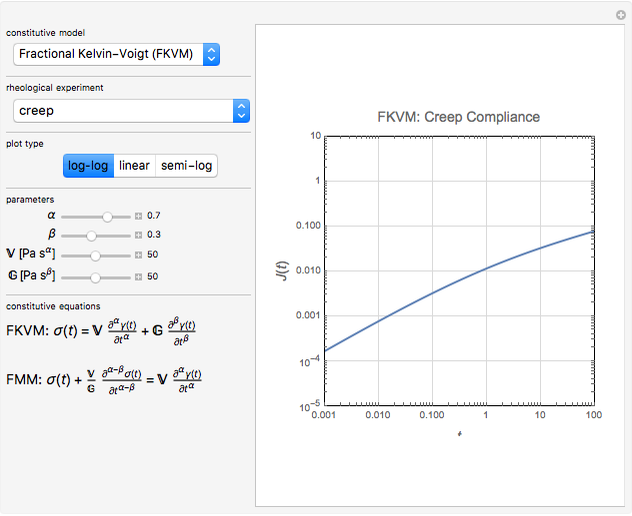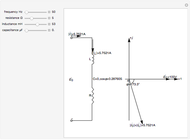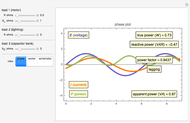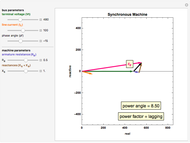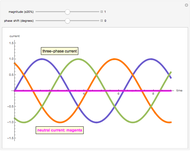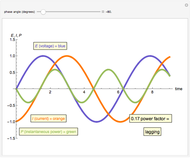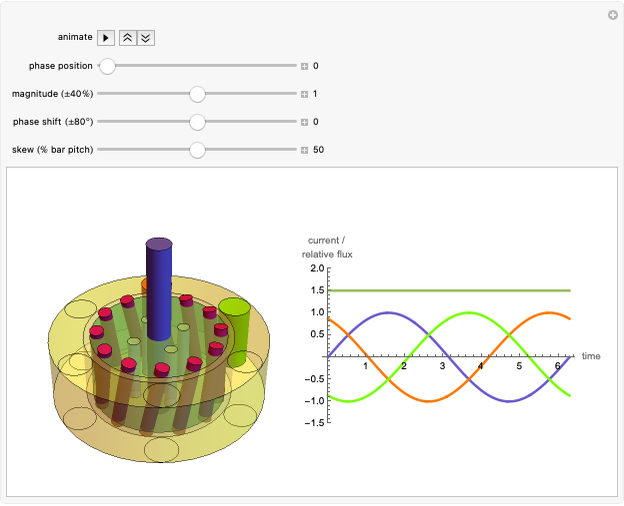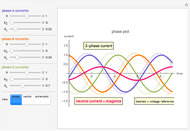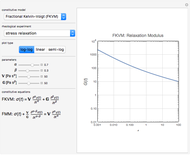Fractional Rheological Constitutive Equations

Requires a Wolfram Notebook System
Interact on desktop, mobile and cloud with the free Wolfram Player or other Wolfram Language products.
This Demonstration shows the simplest two-element fractional rheological constitutive models. Choose between the constitutive model, the type of rheological experiment, and the plot type. Use the sliders to vary the fractional power-law exponents of the two springpots independently ( and
and  ), and their corresponding quasi-properties (
), and their corresponding quasi-properties ( and
and  ). The convention for the exponents used here is
). The convention for the exponents used here is  .
.
Contributed by: Aditya Jaishankar (October 2013)
Open content licensed under CC BY-NC-SA
Snapshots
Details
More details about fractional constitutive equations and power-law rheology can be found in the references.
References
[1] A. Jaishankar and G. H. McKinley, "Power-Law Rheology in the Bulk and at the Interface: Quasi-Properties and Fractional Constitutive Equations," Proceedings of the Royal Society A: Mathematical, Physical and Engineering Sciences, 469(2149), 2013. doi.10.1098/rspa.2012.0284.
[2] C. Friedrich, "Relaxation and Retardation Functions of the Maxwell Model with Fractional Derivatives," Rheologica Acta, 30(2), 1991 pp. 151–158. www.springerlink.com/index/j3523m37x311557l.pdf.
[3] H. Schiessel, R. Metzler, A. Blumen, and T. Nonnenmacher, "Generalized Viscoelastic Models: Their Fractional Equations with Solutions," Journal of Physics A: Mathematical and General, 28(23), 1995 pp. 6567–6584. iopscience.iop.org/0305-4470/28/23/012.
[4] I. Podlubny, Fractional Differential Equations (Mathematics in Science and Engineering, Vol. 198), San Diego: Academic Press, 1999.
Permanent Citation






